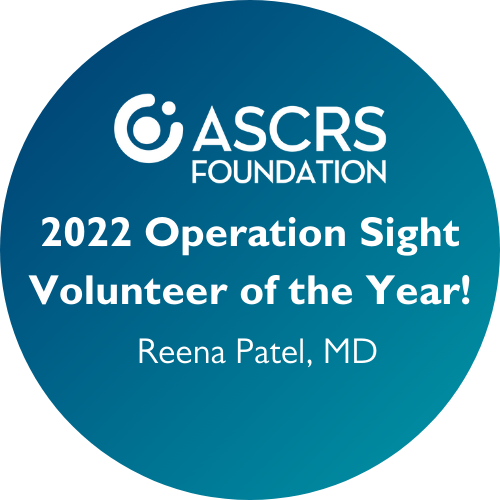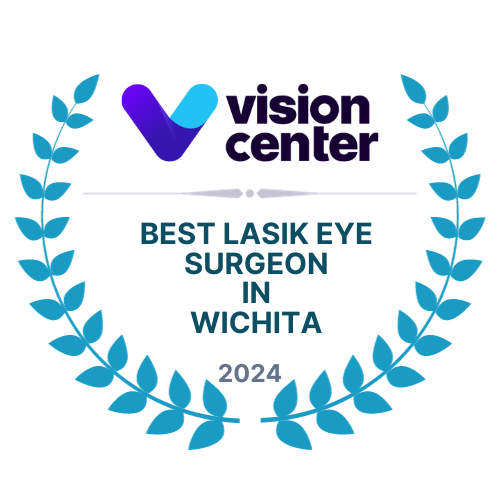Have you ever had your eyes checked for glasses or contacts? Have you ever had an eye infection like pink eye or a minor eye injury? If you answered yes to any of these questions, you were probably under the care of an ophthalmologist.
Optometrist vs. Ophthalmologist
Some people get the medical titles optometrist and ophthalmologist confused. Although these professions both involve eye care, there is a slight difference between the two.
An optometrist is an eye doctor who has received a level of education high enough to have earned the Doctor of Optometry degree. They can perform eye exams and correct bad vision with glasses or contacts. They can also diagnose and treat eye diseases.
Ophthalmologists do a lot more than optometrists do. They are actually medical doctors (MD) who specialize in eye health. They have the credentials to perform eye exams, determine diseases, prescribe prescriptions for them and also perform eye surgery.
When to See an Ophthalmologist
Both kinds of eye doctors are licensed to test for certain eye diseases and to diagnose and also treat these eye conditions and diseases in both medical and non-medical ways. However, an ophthalmologist is usually responsible for doing much more than an optometrist. Since they are licensed to do so much more than optometrists, and can even perform eye surgery, they are both medicinal doctors and surgical doctors as well.
Ophthalmologists deal with just about any eye problem or disease. It’s this type of doctor that you would see on a regular basis if you had eye problems like glaucoma. Ophthalmologists can monitor this condition better than any other medical professional and make changes in treatment and medications quickly as conditions change.
With diseases like macular degeneration, in which the eyeball begins to lose its ability to see clearly due to age, an ophthalmologist can take measures to prolong a patient’s sight. This type of doctor will also know the right combination of vitamins and minerals that are necessary.
When a patient is suffering from cataracts, surgery is the only option. Our board-certified ophthalmologist Dr. Patel performs cataract surgeries. She has the surgical expertise to perform this delicate operation.
Dr. Patel has the surgical proficiency to perform eye transplants, reshaping of the cornea and even repair a retina when it is detached. A consultation with Dr. Patel at the Wichita Vision Institute will be the beginning of treating any eye condition that may be lowering your quality of life. Contact us today to schedule an appointment at our office in Wichita.







